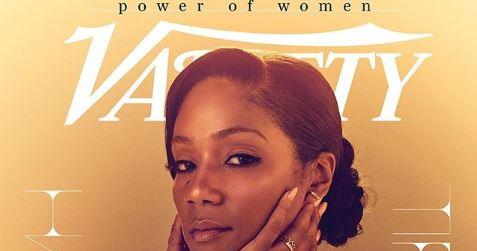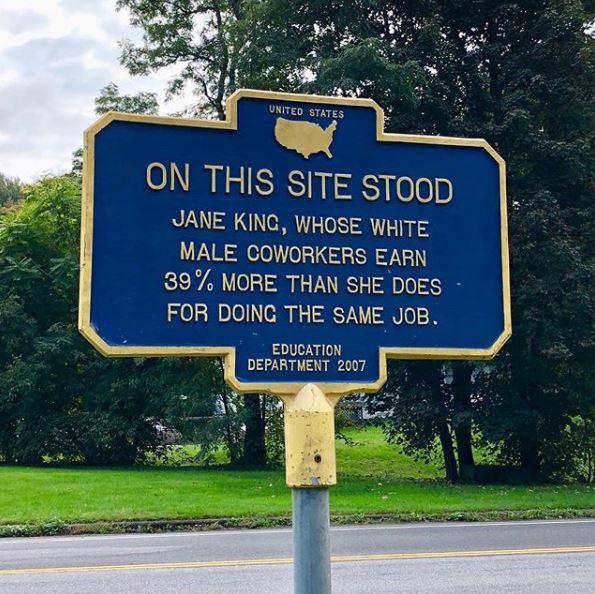Tiffany Haddish Wants To Be Paid The ‘Guy Fee’
Everyone’s heard the age old phrase, closed mouths don’t get fed, at one time or another. Well, according to Tiffany Haddish, that’s a small key to gaining access to society’s “guy fee.”
Haddish, who is known for her assertiveness and comical wit, spoke to Variety about her modern approach to equal pay. The Girls Trip actress said, “A lot of times we don’t open our mouths because we don’t even really know what we’re supposed to get. So, that’s why I do the research. I ask around. I’ve made friends with line producers that cut those checks, production managers, so I can be like, ‘So, on average, how much does a girl get paid? How much does a guy get paid?’ OK, I’m gonna ask for the guy fee on this one.”
As a refresher, the Equal Pay Act was passed in 1963, supposedly put in place to abolish the gender wage disparity and legally force companies into paying up. However, it’s 2018, and (white) women are making $0.85 for every dollar a man earns, with research estimating that we won’t truly see equal pay until 2059. For women of color, the wait could be even longer as numbers project that Black women won’t see equal pay until 2124, and Hispanic women until 2233.
“Girls are always told to sit down, be quiet, be sweet, be nice, be pretty. They never tell them what they’re worth, though! They are never told that they are awesome.” Haddish told Variety. “You are smart! You’re dope. You deserve the best! That kind of language needs to be happening more especially for young women.”
Has society’s centuries-long notion that women are worth less than a man intimidated us into accepting what we’re given? Is this the gender-wage variation of “I’m sorry” syndrome? Wherein the journal, Psychological Science, states that our natural instinct to apologize stems from always feeling that we’ve offended someone or overstepped the boundaries drawn for us by a man.
Post Equal Pay Act (1968), social-political activist Gloria Steinem wrote a piece for New York Magazine where she explains that like men, women want power, but since they can’t get it through work or in public life, they date and marry for it. Appropriately titled, “Women and Power”, the piece was the beginning of a new realization of purpose for Steinem and shortly after, she began using her platform to write about the women’s movement. It was then that her colleagues at NYMag suggested that she tone it down a bit so not to be mistaken as a “crazy woman.” Steinem told The Cut, “I remember Tom Wolfe or Clay or whoever saying to me, ‘You worked so hard to be taken seriously. Don’t get involved. Don’t be one of those crazy women.’ I thought, But I am one of those crazy women.”

What is a crazy woman, exactly? For decades, women who recognize society’s flaws and take action to implement change are branded as crazy or a radical feminist. Crazy women take heed from those who paved the way, from forces like Supreme Court Justice Ruth Bader Ginsburg, who uses her voice, in the highest court in the land, in favor of women and equality despite the many men against her. Crazy women like Lilly Ledbetter and Reverend Addie Wyatt who firmly believed that as women, we have every right to be equal to a man in every way – including equal pay. Ultimately, Haddish says the secret to tapping into that ‘crazy’ bubble is knowing your worth and remaining firm in that throughout your endeavors. Haddish said to Variety, “I figured out the method to the madness is know your worth, don’t settle for less.”
As women, the spiritual weapons we need to confront this journey head on are already instilled in us. The courage we seek is buried in the stories of the powerful women who marched into the courthouse in 1963, those who raised their right hand and stood at podiums with all odds against them…and women like Tiffany Haddish, who aren’t afraid to ask for the guy fee.
To all of the crazy women who have laid themselves on the line for the advancement of sisters whom they’ve never met, thank you for not being afraid of the fight.








